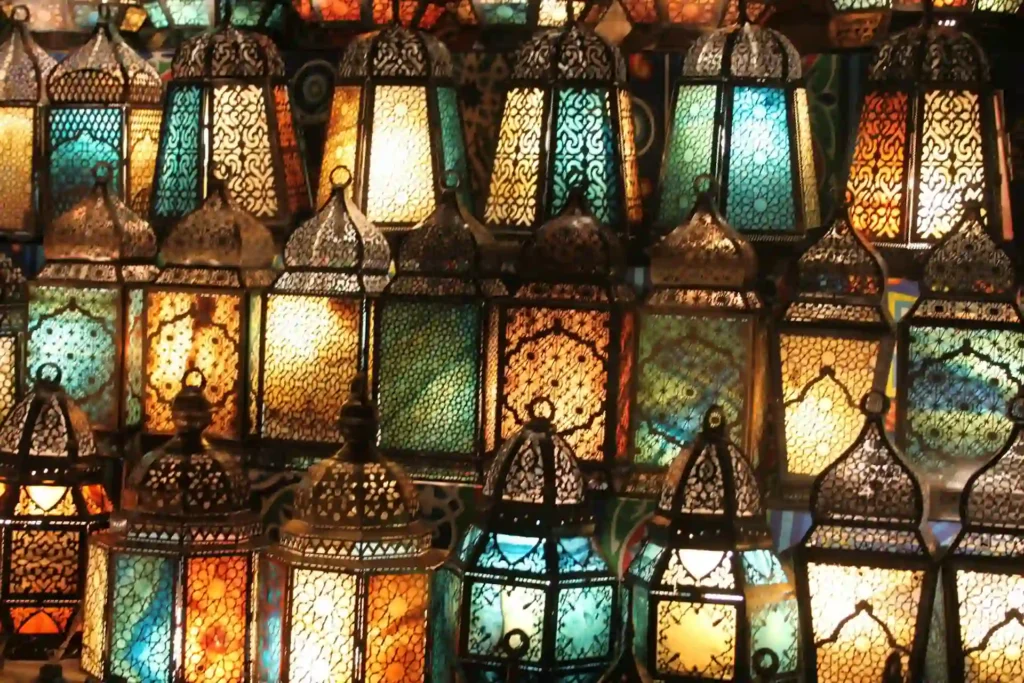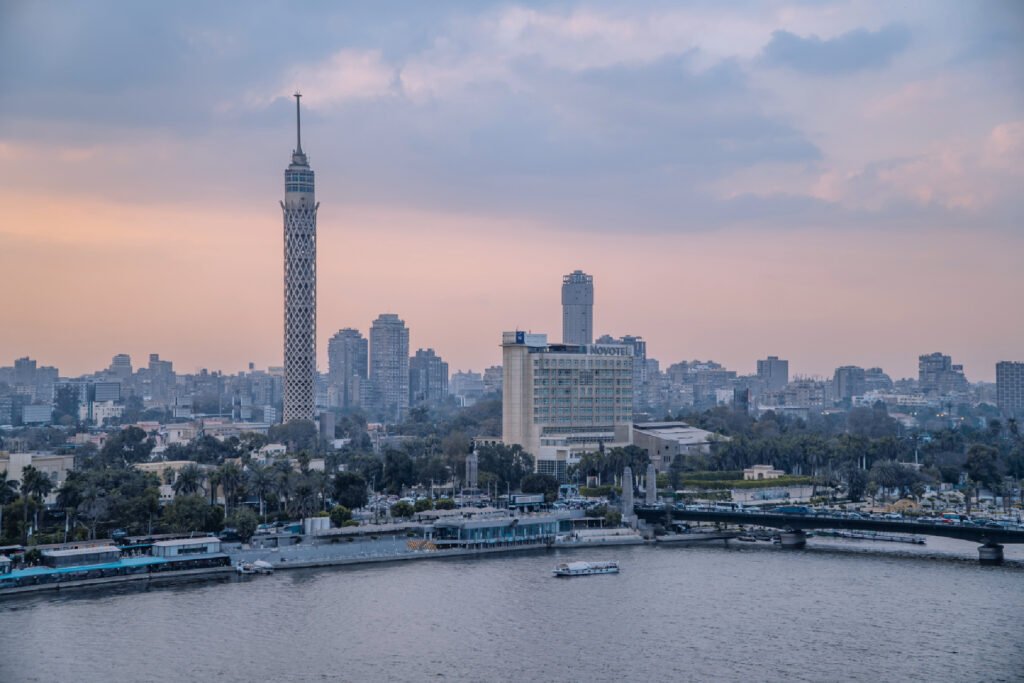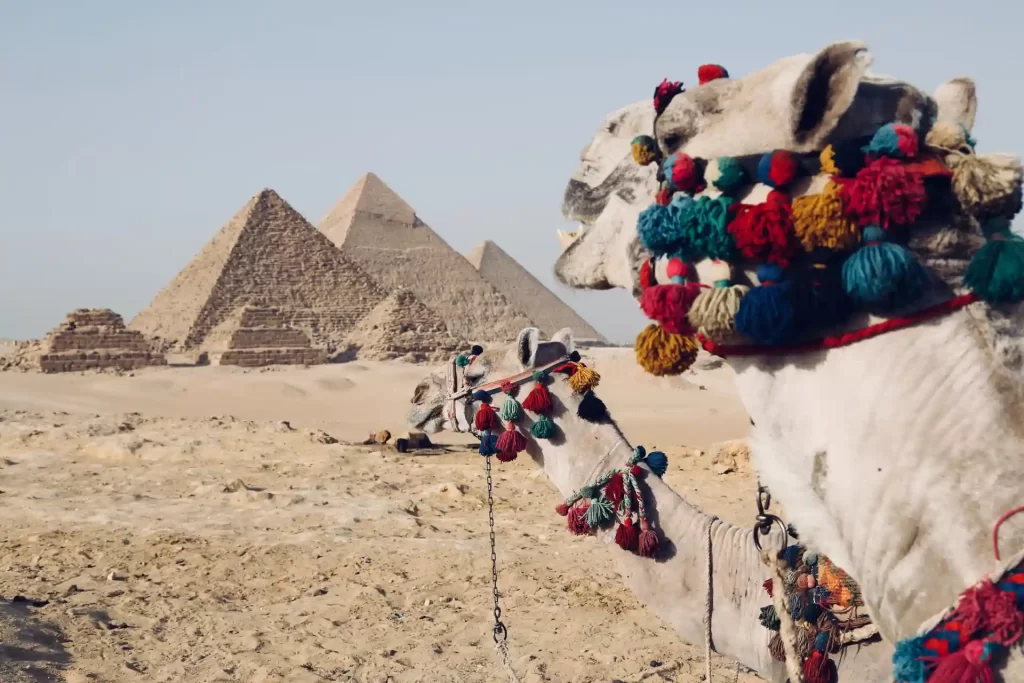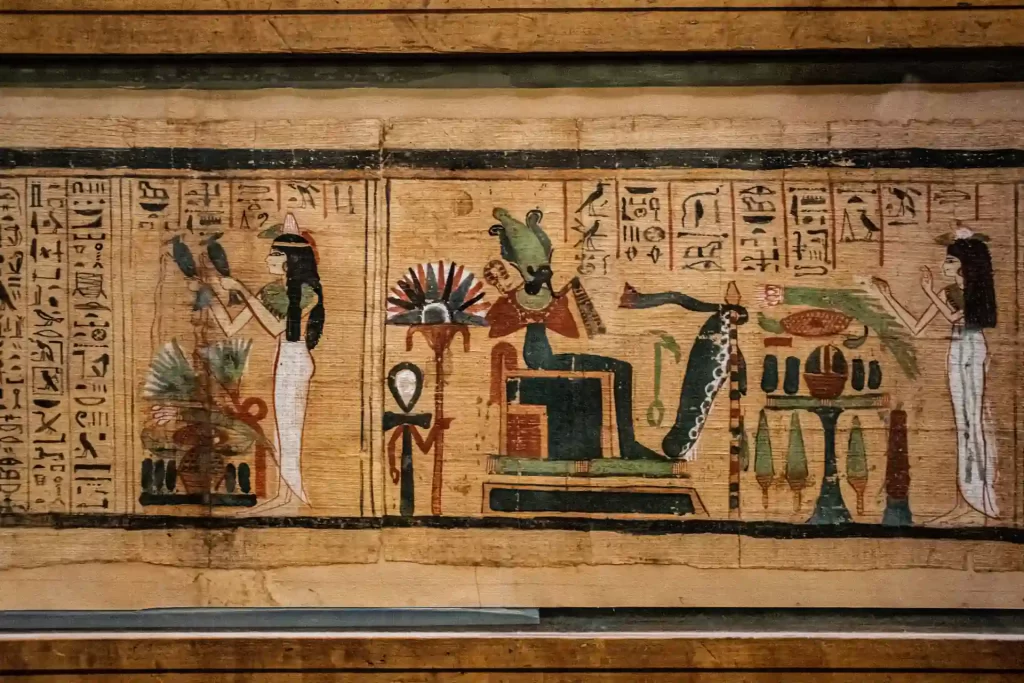Ramadan in Egypt
Have you ever dreamt of experiencing a culture steeped in rich traditions and vibrant celebrations? Look no further than Egypt during Ramadan, the holiest month in Islam. Ramadan in Egypt transcends mere religious observance; it’s a captivating tapestry woven with social gatherings, delectable cuisine, and a unique sense of community spirit. Does Egypt celebrate Ramadan? The answer is a resounding yes! In fact, this Muslim-majority nation embraces Ramadan with unparalleled fervor, transforming everyday life into a beautiful spectacle. In Egypt, Ramadan is not just a religious observance; it is a cultural phenomenon that brings people together and shapes the rhythm of daily life. What is Ramadan? Ramadan, the ninth month of the Islamic lunar calendar, holds a special place in the hearts of Muslims worldwide. It is a time of fasting, prayer, and spiritual growth, observed by millions of Muslims around the globe. Ramadan is a time of spiritual purification, where Muslims abstain from food, drink, and other worldly pleasures from sunrise to sunset. This fasting period is not only a physical challenge but also a journey of self-discipline, empathy, and gratitude. However, Ramadan in Egypt goes far beyond just fasting. It’s a vibrant amalgamation of traditions, customs, and celebrations that paint the country in a unique light. When does Ramadan Start? Ramadan typically begins with the sighting of the new crescent moon, which marks the start of the ninth month in the Islamic lunar calendar. The exact start date of Ramadan can vary from one country to another, as it depends on when the new moon is sighted. This means that the beginning of Ramadan shifts approximately 10-12 days earlier each year in the Gregorian calendar. The Islamic calendar follows the lunar cycle, and each month lasts either 29 or 30 days. Therefore, Ramadan can last for either duration, depending on the sighting of the moon to mark the end of the month. The Egyptian Ramadan Experience As the crescent moon signals the beginning of Ramadan, a palpable shift washes over Egypt. The bustling streets in Egypt during Ramadan quieten down during fasting hours, replaced by an air of contemplation. Mosques come alive with the melodic sounds of Quran recitations, drawing in worshippers for Taraweeh prayers, special night prayers offered throughout Ramadan. Traditions of Ramadan in Egypt Egyptians embrace Ramadan with a blend of religious devotion and cultural festivities. Here’s a glimpse into the soul-stirring atmosphere and time-honored traditions that make Ramadan in Egypt truly special: Fasting Together: Suhoor and Iftar Feasts The pre-dawn meal, Suhoor – سحور, becomes a cornerstone of Egyptian Ramadan life. Families and friends gather before dawn for a hearty suhoor to sustain them throughout the fast. Dishes like foul medames – فول مدمس (fava beans with olive oil and spices), baladi bread – عيش بلدي, and cheese are common choices. As the sun dips below the horizon, the anticipation for Iftar, the evening meal that breaks the fast, reaches a fever pitch. The call to prayer for Maghrib (evening prayer – صلاة المغرب) marks the official start of Iftar, transforming homes and streets into vibrant scenes of celebration. Families and friends gather around tables laden with delicious dishes, eager to share stories and reconnect after a day of fasting. Ramadan and Egyptian Cuisine Egyptian cuisine takes center stage during Ramadan, with families preparing elaborate Iftar meals. Here are some of Ramadan Famous Meals & Desserts: Some of Ramadan Famous Drinks: The Spirit of Charity and Giving Ramadan fosters a strong sense of community and solidarity in Egypt. Here are some of the community spirit manifestations: Experiencing Ramadan in Egypt: Travel Tips and Recommendations Traveling to Egypt during Ramadan can be a unique and enriching experience. Here are some tips and recommendations to help you navigate and enjoy your visit: 1- Respect the Fasting Hours:While tourists are not expected to fast, it’s considerate to avoid eating, drinking, or smoking in public during daylight hours out of respect for those who are fasting. 2- Plan Your Day Around Iftar:Traffic can become quite congested as people rush to break their fast at sunset. Try to be at your destination well before iftar to avoid the rush. 3- Experience the Nightlife:After iftar, the streets come alive with people and festivities. It’s a great time to explore markets and enjoy the vibrant atmosphere. 4- Join in the Celebrations:If you get a chance, accept an invitation to join an iftar meal. It’s a wonderful way to experience Egyptian hospitality and culture. 5- Be Mindful of Prayer Times:During Ramadan, Muslims do extra prayers in groups called Taraweeh. Be respectful of prayer times, especially these evening prayers (Taraweeh – تراويح) after ishaa’ prayer (صلاة العشاء). 6- Visit Cultural and Religious Sites:Ramadan is a great time to visit mosques and other cultural sites, but be mindful of dress codes and religious practices. 7- Learn a Few Arabic Phrases:Phrases like “Ramadan Kareem – رمضان كريم” (Have a generous Ramadan) and “Ramadan Mubarak – رمضان مبارك” (Blessed Ramadan) are appreciated and can enhance your interactions with locals. Also, survival Arabic courses can be useful for you during your stay in Egypt, know more about how to learn Arabic for Travel and check our Survival Basic Arabic courses. 8- Check Opening Hours:Some shops, museums, and attractions may have different operating hours during Ramadan, so it’s best to check in advance. 9- Stay Hydrated:It’s important to stay hydrated, especially if you’re traveling during the hotter months. Drink plenty of water during non-fasting hours. 10- Enjoy the Special Foods:Don’t miss out on the special foods and drinks that are unique to Ramadan, like the sweet drink ‘Qamar El Din’ or the desserts ‘Konafa – كنافة’ and ‘Bassbousa – بسبوسة’. By following these tips, you’ll be able to fully enjoy the spiritual and cultural beauty of Ramadan in Egypt. Learn more about Egyptian Culture and Traditions. Ramadan Mubarak – رمضان مبارك & Ramadan Kareem رمضان كريم Both of the two greetings “Ramadan Mubarak” and “Ramadan Kareem” resonates throughout the country, a wish for a blessed Ramadan. It encapsulates the spirit




